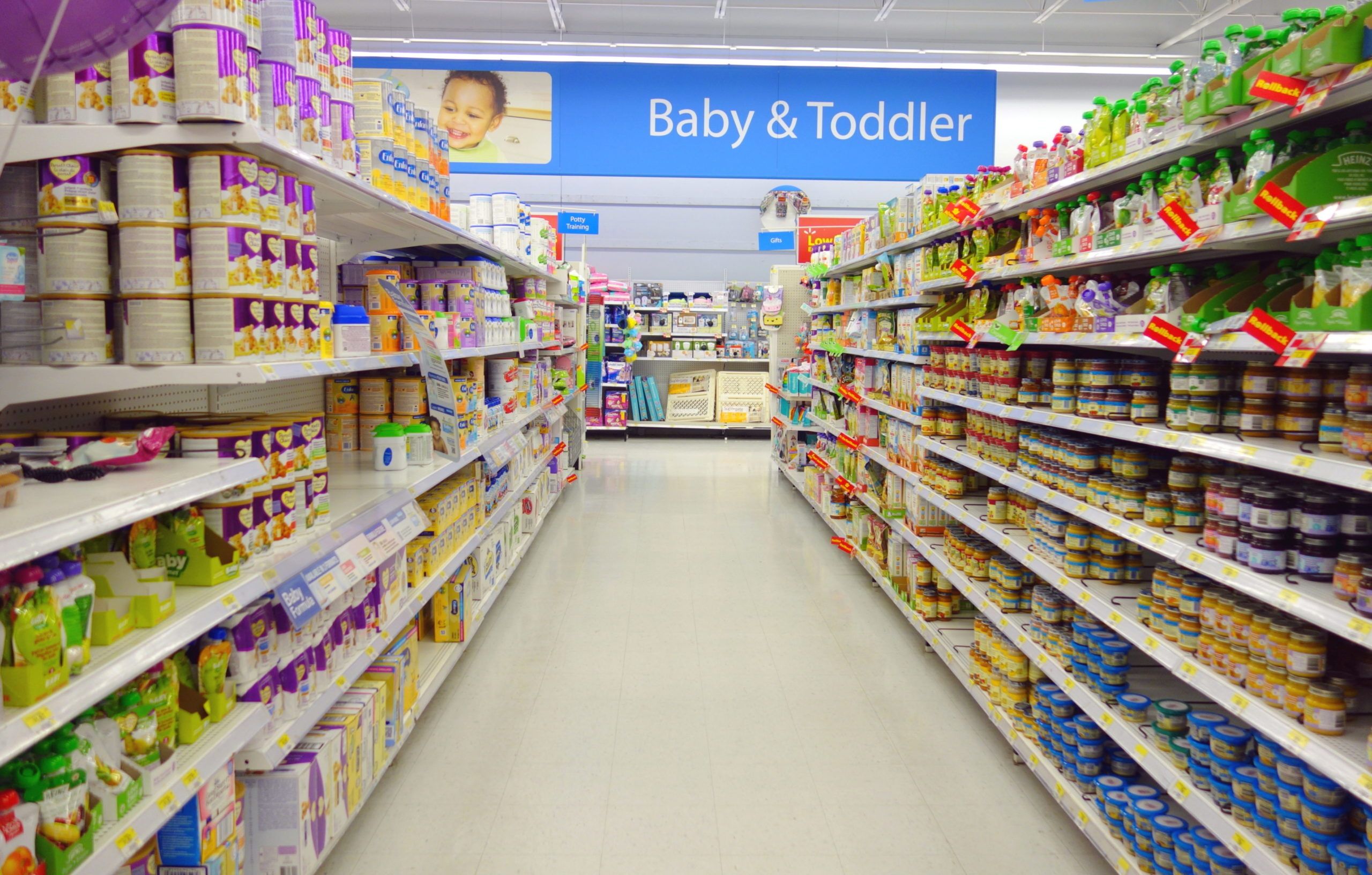French microorganism developer Novolyze has raised a €2.2 million ($2.69m) second seed round for its foodborne illness mitigation technology. Novolyze develops and manufactures microorganisms to improve food safety validation processes for food processors and manufacturers.
Safety controls for foods like infant formula, spices, cereals, baked goods, and even pet foods are generally validated with spot checks, but pathogens are present in affected foods inconsistently, which makes sample testing an insufficient method of discovering foodborne illness before food goes out to the public.
Furthermore, food manufacturers are not allowed to bring pathogens into their facilities to validate that their mitigation procedures are working.
Novolyze’s non-pathogenic microorganisms mimic the common microorganisms that cause foodborne illness. The ready-to-use dried microorganisms are introduced into a food product, for example a muffin batter, and then the product is tested after the control process is complete, in the case of a muffin — baking. The same process can be used to test pasteurization, extruding and drying processes. The manufacturer can then run the same spot checks, without the risk.
Companies manufacturing non-pathogenic microorganisms that mimic common pathogens like salmonella, listeria, and e. coli, called surrogates, did exist before Novolyze was founded in 2012, but the process of acquiring them was tedious and expensive according to Novolyze CEO Karim-Franck Khinouche.
“The other option was to call the laboratory who would prepare the surrogate on demand and it was a liquid preparation that needed to be used very quickly. It was tedious, expensive, and not very reliable.”
Novolyze claims to decrease the overall cost of the validation process by 70% and removes the step of summoning a consultant to the facility since the microbes are powdered and ready-to-use. The company is currently working on a pilot study with Australia’s GrainCorp through the Terra Accelerator and also has contracts with ten major global food players according to Khinouche. He says that, due to the ease of use of Novolyze surrogates, clients have been able to experiment more with their control processes, some decreasing processing times and temperatures to save time and energy while increasing quality and taste and maintaining safety.
The French company operates in France and the United States, with offices in Dijon, San Francisco, and Cambridge, MA. In fact, it was the passage of the US’s Food Safety Modernization Act (FSMA) in 2011 that inspired Khinouche to start the company while in his previous role selling pasteurization equipment.
“We could see validation was going to be very important in FSMA, so I started to develop these tools,” he said.
Despite 60% of Novolyze’s business coming from the US, the company has faced an acute challenge in France of late since major French dairy company Lactalis recalled 12 million infant formula products in 83 countries due to a salmonella risk on December 21. Criminal investigations related to recall procedures are in process and more than three dozen infants in Europe are reported to be ill.
“Many people, especially in Europe, realized that our food system is not as sure as what we assume. We didn’t realize that we still have a lot of recalls and we can still do better,” said Kinouche, who added that he expects to bring in €1 million ($1.2m) in revenue in 2018.
More than half of this funding round came from private investors and family offices, while the rest came from public research programs and grants, including the French Government’s Investissement d’Avenir fund.
Novolyze will use the new funds to expand its marketshare in Europe, the US, and Asia and develop a new digital product that will allow food processors to verify their food safety processes — validation is to determine if the process works and verification is to confirm that the process always works — which will come to market in mid-2018.
The company previously raised a €900,000 ($1.1m) seed round in 2015.





